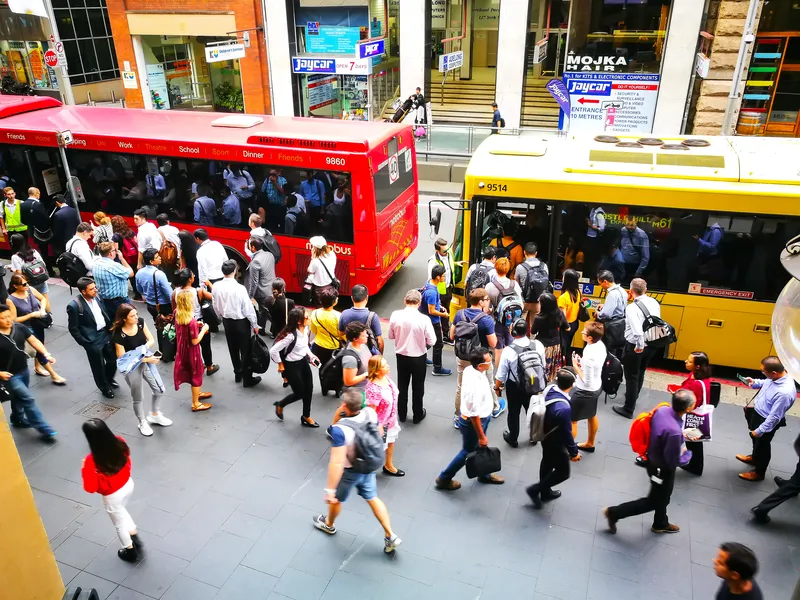Swedish minister for infrastructure Tomas Eneroth and director general of the
Around 2km of electric rail has been installed along public road 893 between the Arlanda Cargo Terminal and the Rosersberg logistics area. The solution transfers energy to the vehicle from a rail in the road through a moveable arm. The road will be used by electric trucks.
Erixon, said: “It is important to break new ground when it comes to climate-smart road transport. That’s why the Swedish Transport Administration supports innovative development projects that contribute to long-term, sustainable solutions.”
Sweden unveils electrified road to charge vehicles while driving
Swedish minister for infrastructure Tomas Eneroth and director general of the Swedish transport administration Lena Erixon attended the inauguration of an electrified road outside of Stockholm, on the 11 April. The eRoadArlanda will aim to enable commercial and passenger vehicles to be recharged to help make fossil-free transportation a reality. Around 2km of electric rail has been installed along public road 893 between the Arlanda Cargo Terminal and the Rosersberg logistics area. The solution transfers
April 20, 2018
Read time: 1 min








